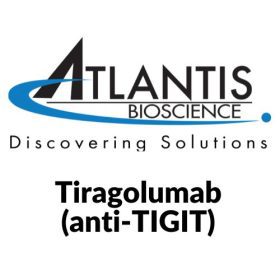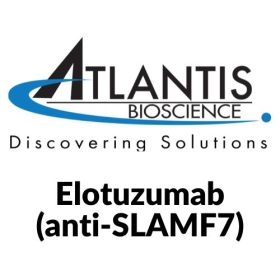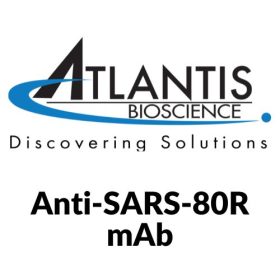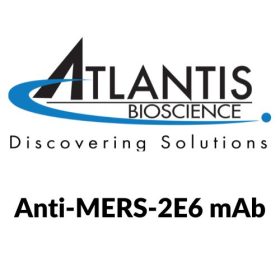Rozanolixizumab (UCB7665), a humanized high-affinity anti-human neonatal Fc receptor (FcRn) monoclonal antibody (IgG4P), is used to the research of reducing pathogenic IgG in autoimmune and alloimmune diseases.
[accordions]
[accordion title= “Biological Description“]
| Description | Rozanolixizumab (UCB7665), a humanized high-affinity anti-human neonatal Fc receptor (FcRn) monoclonal antibody (IgG4P), is used to the research of reducing pathogenic IgG in autoimmune and alloimmune diseases. |
| In vitro | Rozanolixizumab binds to human FcRn and cynomolgus monkey FcRn with a similar affinity at both pH 6.0 (K d 23 pM and 25 pM, human and cynomolgus monkey, respectively) and pH 7.4 (34 pM and 53 pM, human and cynomolgus monkey, respectively. Rozanolixizumab is observed to inhibit the recycling (IC 50 0.41 nM) of human IgG by human FcRn-transfected MDCK cells in a dose-dependent manner. Recycling of IgG was also inhibits in cynomolgus monkey FcRn-transfected MDCK cells (IC 50 0.98nM)[1]. Rozanolixizumab causes an increase in intracellular IgG AF647[1]. |
| In vivo | Intravenous (IV) rozanolixizumab dosing in cynomolgus monkeys demonstrated non-linear pharmacokinetics indicative of target-mediated drug disposition; single IV rozanolixizumab doses (30 mg/kg) in cynomolgus monkeys reduced plasma IgG concentration by 69% by Day 7 post-administration. Daily IV administration of rozanolixizumab (initial 30 mg/kg loading dose; 5 mg/kg daily thereafter) reduced plasma IgG concentrations in all cynomolgus monkeys, with low concentrations maintained throughout the treatment period (42 days)[1]. |
[/accordion]
[accordions]
[accordion title= “References and Literature“]
[/accordion]
[accordions]
[accordion title= “Chemical Properties“]
| Synonyms | UCB7665 |
| Molecular Weight | N/A |
| CAS No. | 1584645-37-3 |
[/accordion]













